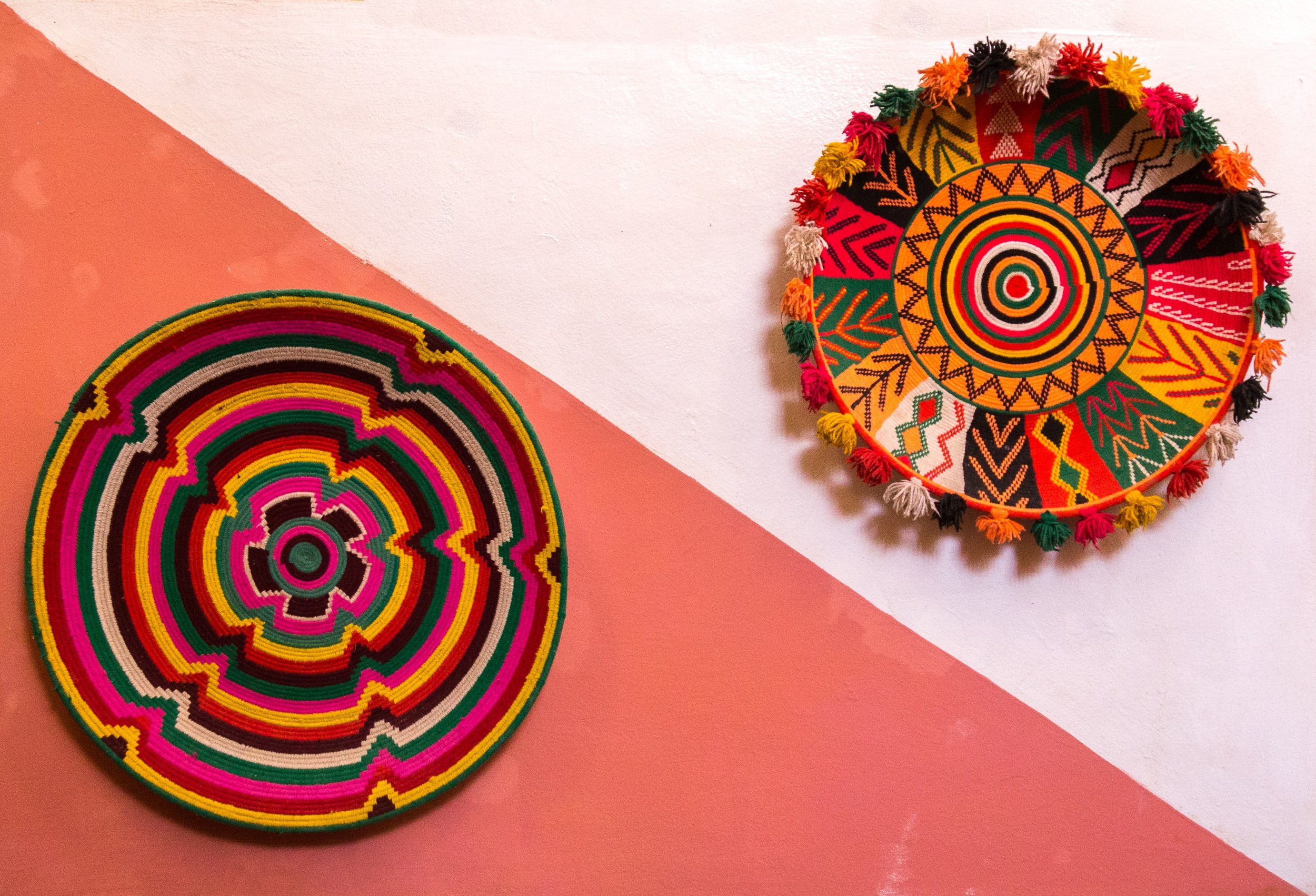
Natalia Treviño
Cloudless
The child stands in the water near a wall,
a wall made of leaves,
a green and yellow exhale growing out of the water—
shimmers, branches, sunned, bare
twigs poking out like small, dark fingers,
a thicket blocking the sunlight
from the water so that her feet disappear.
Papa, llevame, cargame.
But her father wants to teach her to swim.
Hold your breath. Kick like a frog, he says.
One yellow leaf moves, the green leaves do not.
The wind is confused about what it can move.
The yellow leaves must be made
of another kind of skin.
Tiny drops, water marbles drizzle down
the stubbled terrain of his Saturday morning face,
his swim face, dia de campo face. Rivulets
run down his neck, burrow between
the hairlines on his chest.
A turtle climbs out of the water,
its eyes tired,
maybe mean.
Does it bite, Dad?
Do not be afraid.
One of the yellow leaves opens and closes like a book,
and inside, she sees a dark bug, antennae,
a face twitching, yellow eye bumps,
and the child understands that the leaf had never been a leaf.
She does not know the word for butterfly yet,
or mariposa. Hundreds, maybe thousands of yellows
clapping, opening, closing.
Her father holds his wet hand up and points.
A butterfly lands near the end of his finger,
and another on the fat under his thumb.
They are thirsty, he says, and they are calm
like the wafer of sun is also calm.
And the game becomes for the butterflies
to land on her finger, one at a time.
Years later, poets sit side by side on a rock writing poems
that speak of their old tongue, the one taken from them,
the one that flies out of the end of a wild pink pen,
the one they reclaim in the shade
under a family of encinos,
the one that reminds them how their mouth
and throat opened in unison once
to swallow, to tug in a channel of liquid, of food
pulled it in like an undertow when the language of the mouth
was all muscle, funnel, and cry,
pulling in the answer to all of the endless thirsts.
The poets remember a time when they were not human
or thinking. And one poet lifts his pen and asks the other,
do you remember your father?
And the other poet becomes weightless.
Does this explain why a fly
Has transparent wings, to disappear more quickly?
One day, a woman tells the poet that the plain yellow
butterfly she had seen as a child, the one
that follows the Monarch en Mexico, has a name:
Cloudless Sulphur the woman sings,
Yes, but what do they call it en Mexico, she wants to know.
There was no one to ask.
She remembers she once had a father
who taught her to swim like a frog
and examine bird wings, smoke rising from his pipe,
smoke that magically danced out of a pinprick of a hole
on the side of his face, the irregular rings of trees.
He showed her the broken limbs of pink coral
on a necklace he had given her.
This is what beauty is, he said,
the imperfections.
Do the butterflies remember their father too, she wonders.
Do they remember being
a pulp of liquid
after they were born?
